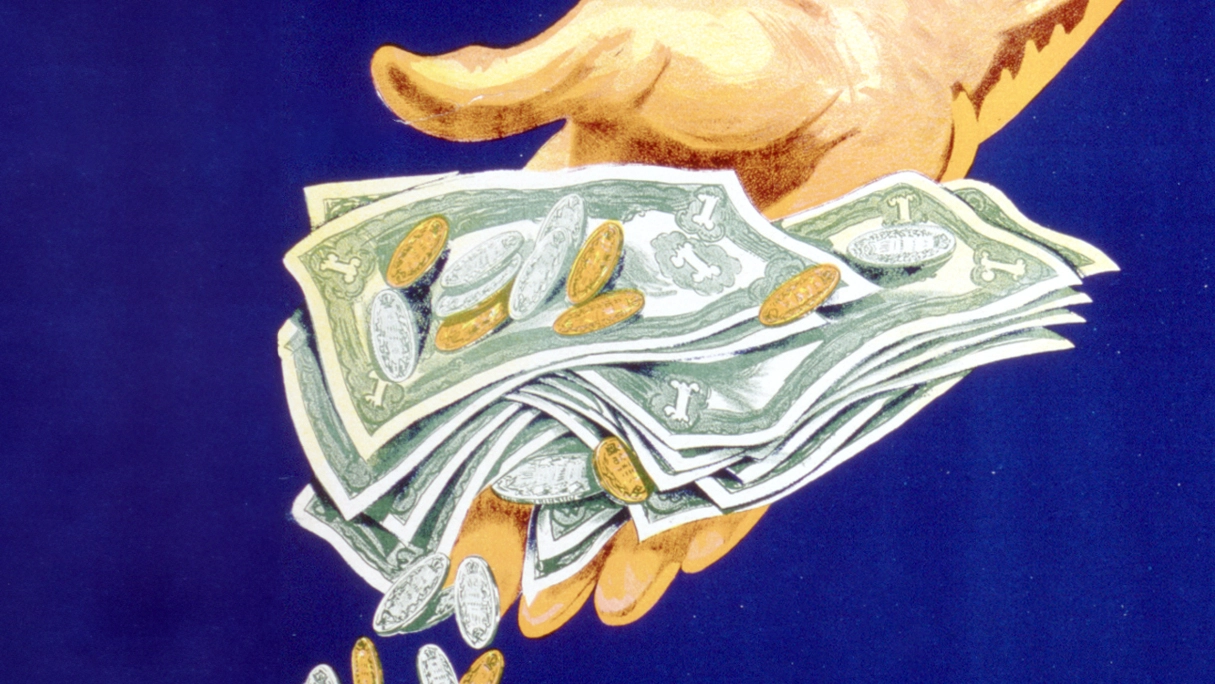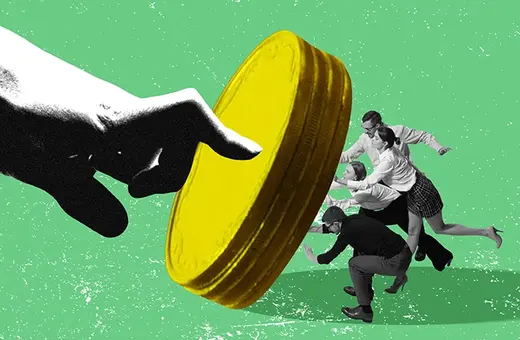Living your best life is intimately connected to how we spend our money and how 'real' we are to our values. But is the hipster economy something to embrace, or to be sceptical of? Alessandro Gerosa argues hipster authenticity is increasingly its own brand, co-opted by the social networks and financial interests it claims to evade but it does give genuine opportunities to shape society around us and support our communities. We must consider this balancing act if we are to understand our culture, economy, and capitalism itself.
Authenticity is the buzzword of the day, with its opposite ‘fakeness’ being a fate almost worse than death for social standing. Drake’s supposed ‘fakin for likes’ took pride of place in his and Kendrick’s recent rap feud while Taylor Swift decries the ‘fakers gonna fake…’, but what really is authenticity, how does it work, and how does it change over time? A famous sociologist from the 70s, Melvin Seeman, once wrote that the concept of ‘alienation’ had become during his time a ‘master concept – conveniently imprecise, empirically omnipresent, and morally irresistible when employed as a critique’. Fifty years later after Seeman’s statement, the same can now be argued about ‘authenticity’. It is indeed conveniently ambiguous, resisting any attempt to be defined. Empirically omnipresent, having become a buzzword permeating every sphere of life. And finally, it is also undoubtedly morally irresistible when employed as a value and an aspiration. This seemingly innocent idea, is at the heart of our relationship with the economy, society, taste, and ultimately, who we ‘really’ are.
___
Today, displaying your most ‘authentic’ self is the core mechanism powering the support of digital platforms and social networks – with the application ‘BeReal’ going as far as literally carrying the injunction in the guise of their name.
___
With his usual pungent style, philosopher Byung-Chul Han argued in The Expulsion of the Other that authenticity constitutes an ultimate tool of control and domination used by neoliberal capitalism. Its function is to make every person offer themselves as a commodity. It is hard not to take Byung-Chul Han's words at face value. Today, displaying your most ‘authentic’ self is the core mechanism powering the support of digital platforms and social networks – with the application ‘BeReal’ going as far as literally carrying the injunction in the guise of their name. However, such a one-dimensional interpretation of the modern call to authenticity as a mere capitalist tool would be misleading, erasing a multi-faceted history spanning hundreds of years. When considering the evolution of the concept, authenticity also appears as a fiercely polemical ideal for self-realisation against the constraining forces of all-consuming modernity.
This movement began at the very beginning of modernity, when proto-romantic British poet Edward Young asked himself with a certain melancholy ‘How come that born original, we die copies?’ In the same vein, Jean-Jacques Rousseau bitterly noticed how the course of modernity, while enabling some individuals to develop their most excellent qualities thanks to increasing access to knowledge, paradoxically ended up trapping them into the superficial and relentless ‘whirlpool of social life’.
___
From this romantic perspective, what oppressed human nature was the dualism of money and machinery, which prompted lust for material possessions and the commodification of every aspect of society.
___






















Join the conversation